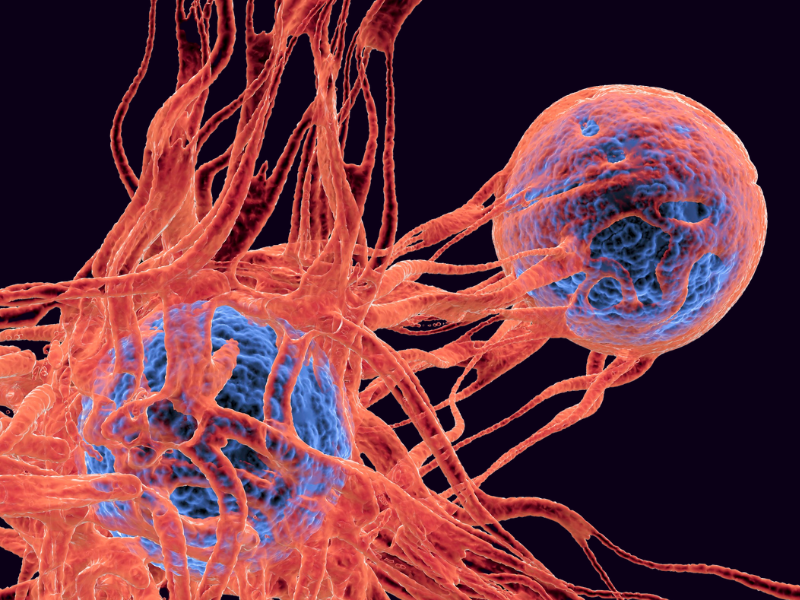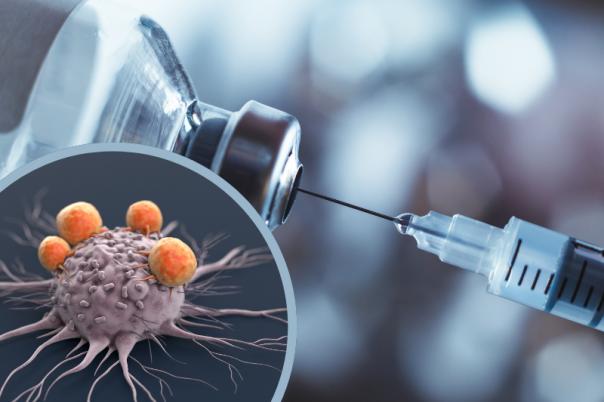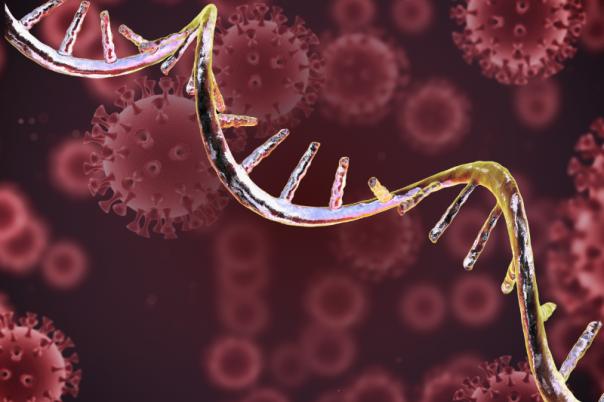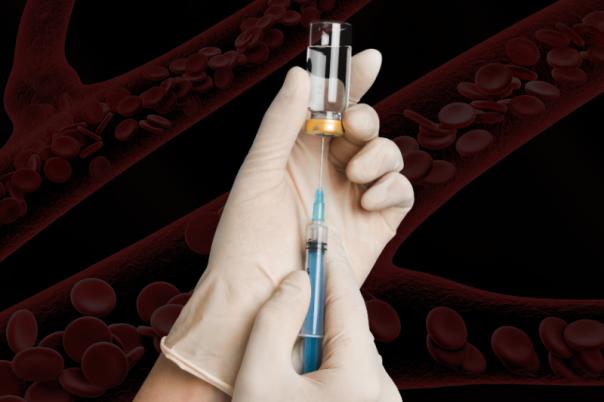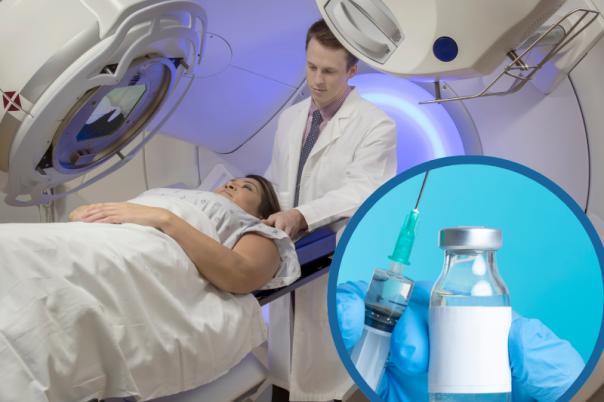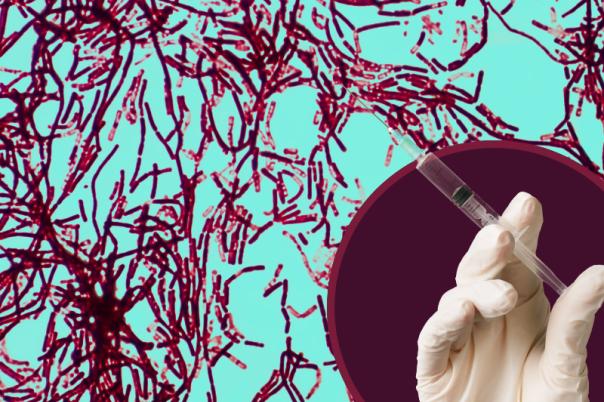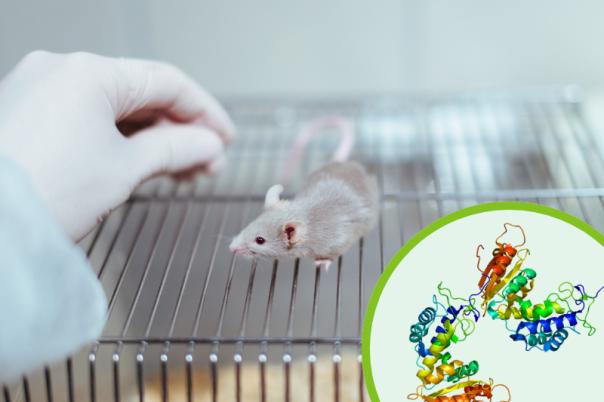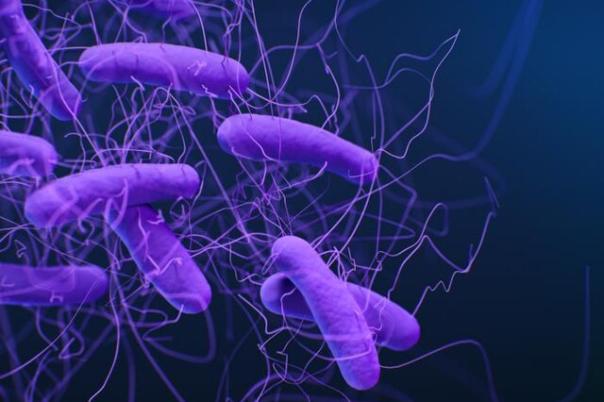A paper published in Nature Biomedical Engineering has described the success of an experimental ‘universal cancer vaccine’ in mice. The study was conducted by researchers at the Preston A. Wells Jr. Center for Brain Tumor Therapy, University of Florida, Gainesville.
Elias J. Sayour was a senior corresponding author on the paper and principal investigator at UF’s RNA Engineering Laboratory. He said: “This paper describes a very unexpected and exciting observation: that even a vaccine not specific to any particular tumor or virus — so long as it is an mRNA vaccine — could lead to tumor-specific effects.”
The study found that the early immune response of type-I interferons plays a major role in the success of therapies like immune checkpoint inhibitors, even in more resistant tumours. Researchers found that tumours become more resistant to treatment when they don’t trigger this early response.
However, this can be manufactured by boosting type-I interferons, helping the immune system attack more parts of the tumour and building a stronger, more lasting response. They did this using an RNA vaccine which encodes for antigens not specific to tumours.

Image Credit: University of Florida, UF Health.
In melanoma mouse models, the vaccine stimulated a strong non-specific immunological response which led to an anti-cancer response. Mice with treatment resistant tumours were dosed with the cancer vaccine as well as an anti-PD-1 immune checkpoint inhibitor
“This finding is a proof of concept that these vaccines potentially could be commercialised as universal cancer vaccines to sensitise the immune system against a patient’s individual tumor,” said Sayour.
The research was supported by funding from US government agencies and foundations, including the National Institutes of Health.
